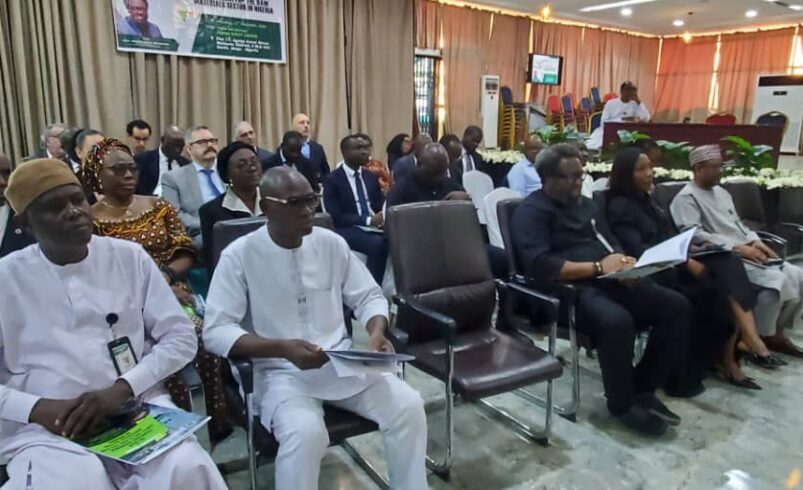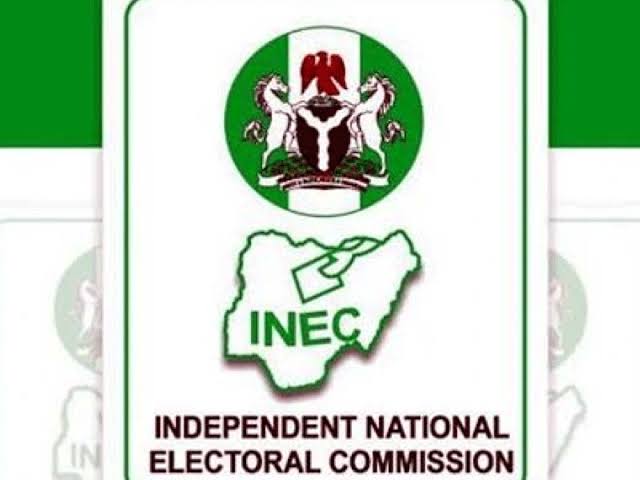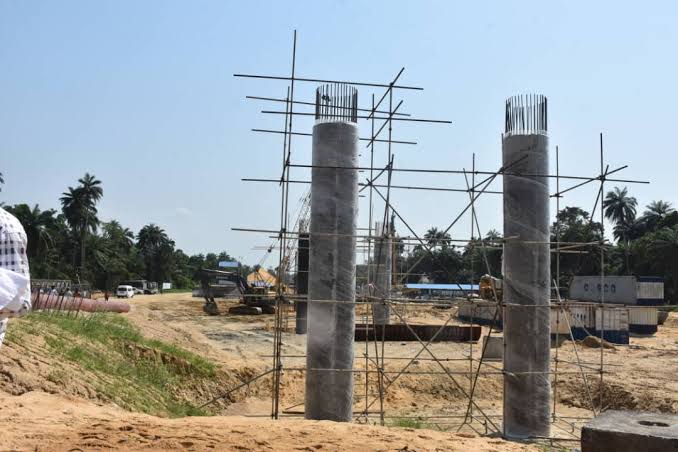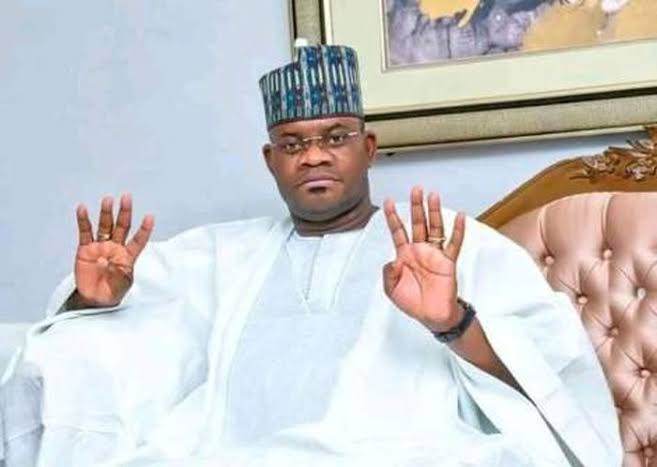By: Goodluck E. Adubazi, Abuja.
The Federal Government, through the Raw Materials Research and Development Council (RMRDC) and the Federal Ministry of Innovation, Science and Technology, has unveiled a 10-year strategic roadmap (2025–2034) aimed at transforming Nigeria’s raw materials sector into a globally competitive and value-driven industry.
The dialogue session, held on Tuesday, November 11, 2025, at the RMRDC Event Centre in Abuja, brought together representatives of foreign missions in Nigeria for an interactive engagement hosted by the Director-General and Chief Executive Officer of RMRDC, Prof. Nnanyelugo M. Ike-Muonso.
The event, coordinated by the Deputy Director of the Local and International Collaboration Division, Dr. Oluremi Elusoji, was designed to foster strategic partnerships between Nigeria and the diplomatic community for the effective implementation of the roadmap. Resource persons at the RMRDC, diplomatic dialogue, including Mr. Emma Evbodoghe and Dr. K. B. Ajoku, presented key highlights of the plan.
30% Value Addition Target by 2034
According to RMRDC’s resource persons, the 10-year roadmap provides a comprehensive framework for harnessing Nigeria’s abundant raw materials through industrial value addition, technological innovation, and data-driven decision-making.
Prof. Ike-Muonso stated that the roadmap seeks to achieve at least 30% value addition to raw materials for export by 2034, thereby reducing dependence on imports and driving sustainable economic growth.
“The roadmap charts a clear path towards self-reliance and sustainable industrialization,” he said. “It is time Nigeria moved away from merely exporting raw materials to building robust value-added industries that support long-term economic stability.”
Data and Partnerships Key to Implementation
The Council emphasized that data development and a robust Raw Materials Information System (RMIS) would underpin the roadmap’s success.
Dr. Ajoku, former Director of RMRDC noted that collaboration with foreign missions and international partners is critical to strengthening the RMIS, citing existing models such as the European Union’s Raw Materials Information System.
“Partnerships with foreign missions will enable RMRDC to leverage global best practices, improve investment decisions, and attract technical support,” Dr. Ajoku, Former Director RMRDC, and Resource persons at a dialogue session stated.
Performance Objectives and Key Indicators
The roadmap outlines 16 key performance objectives and indicators to track progress in areas such as value addition, certification, standards, and competitiveness.
Targets include establishing a Competitiveness Observatory, reducing raw materials imports by 5% annually, and creating 12 internationally accredited standards laboratories to ensure Nigerian materials meet global benchmarks.
Capacity Building and Global Collaboration
Other thematic areas of the roadmap include capacity building, data development, and institutional collaboration. These are aimed at producing a skilled workforce, enhancing research and development, and fostering stronger partnerships with private sector players, donor agencies, and foreign governments.
Dr. Elusoji explained that the engagement with embassies is part of a broader stakeholder sensitization strategy following the roadmap’s launch at the African Raw Materials Summit in Abuja at the Continental Hotel, Formerly Sheraton Hotel, Abuja earlier this year.
Diplomatic Missions as Development Partners
Prof. Ike-Muonso underscored the vital role of diplomatic missions in Nigeria’s socio-economic advancement beyond consular services.
He urged embassies to partner with RMRDC in joint research, capacity building, technology exchange, and access to international funding opportunities.
“Foreign missions have a crucial role to play in helping Nigeria actualize its industrialization goals,” he noted. “Through collaboration, we can create a win-win partnership that benefits both Nigeria and the missions’ home countries.”
Strengthening Bilateral Engagements
The RMRDC announced plans to deepen engagement with embassies’ economic desks, organize networking workshops, and co-develop proposals aligned with national and bilateral development priorities.
The Council also seeks to tap into bilateral funding frameworks such as the Swedish and Spanish Development Funds to accelerate roadmap implementation.
The dialogue concluded with renewed commitments from both RMRDC and participating foreign missions to pursue collaborative frameworks that will strengthen Nigeria’s raw materials base and drive inclusive industrial growth.













